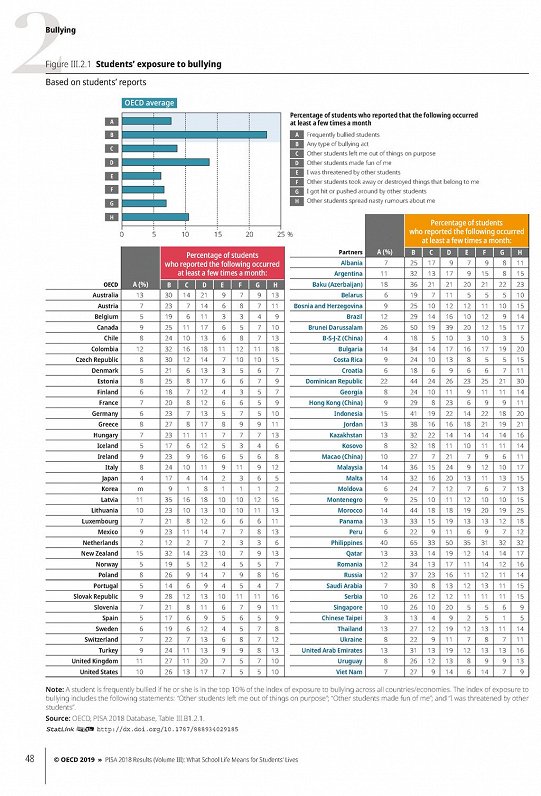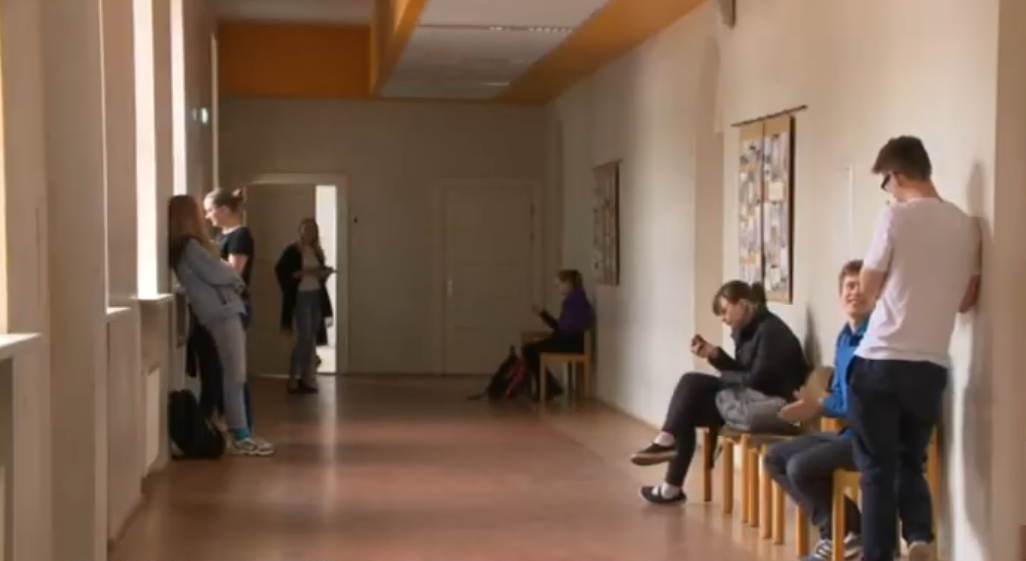In terms of a general comparison with its peers in other countries on educational attainment, the education system appears to be too bad, though its performance is static.
"When taking into account results from all years, no significant improving or declining trend could be determined, in any subject, in Latvia. In 2018, mean reading performance in Latvia was above the level observed when the country first participated in PISA in 2000, but below the level observed in 2015. Mean mathematics performance was significantly higher in PISA 2018 than in PISA 2015, but when considering the entire 2003-18 period, mathematics performance appeared to oscillate around a stable mean, with no clear direction of change. Science performance in PISA 2018 was close to that observed in all previous assessments, except in 2012," said the overview of Latvian educational attainments.
One positive note was sounded with the country-secific report noting: "A more consistently positive trend was observed amongst the lowest-achieving students in reading and mathematics, narrowing the gap between those and higher-achieving students to some extent."
On the other hand, bullying at school appears to be a serious problem.
"In Latvia, 35% of students reported being bullied at least a few times a month, compared to 23% on average across OECD countries," the report noted.
Indeed this year Latvia has the unpleasant distinction of being the leader in terms of bullying in the school environment among OECD member countries. The full results on bullying and abuse can be read online.
For comparison purposes, 23% of Lithuanian students reported being bullied a few times each month and 25% of Estonian students. The lowest figure was reported in Korea (9%).

More than one in ten (11%) of 15-year-olds in the Latvian school system said they were frequently bullied, 10% said they were regularly threatened by other students and 12% said they were physically assaulted "at least a few times each month".
Nils Konstantinovs, the director of the Adolescent Resource Center, says this is an indication of the level of stress on adolescents. Adolescents are aggressive because the environment allows it, and there are no circumstances that control or inhibit aggression. To change this, the attitude of the school management should be changed, he told LTV's Panorama evening news show.
"All the evidence shows that it only works if the whole school system changes, from the attitude of the administration itself, the attitude of the management, the attitude of the teachers. Unfortunately, talking to individual pupils will not change that," said Konstantinovs.





























